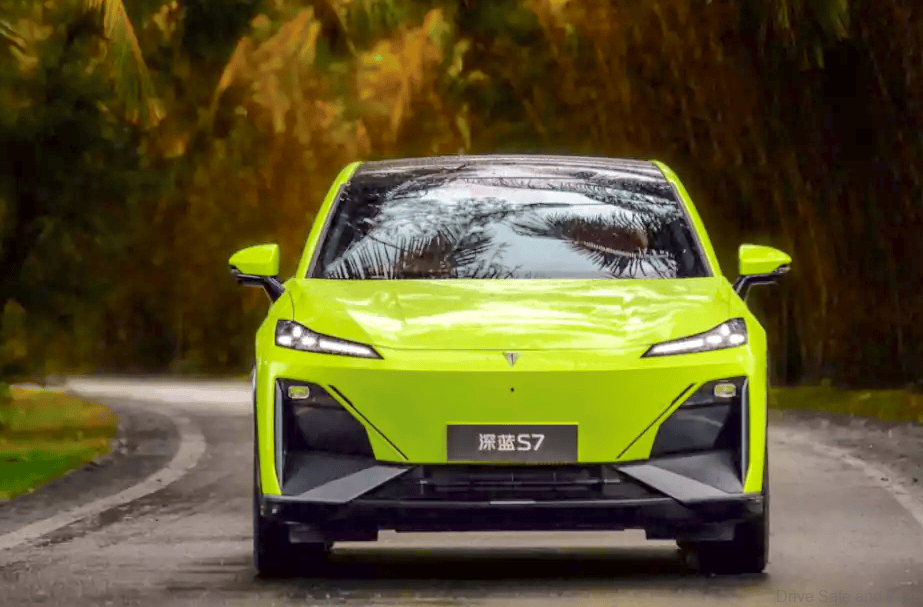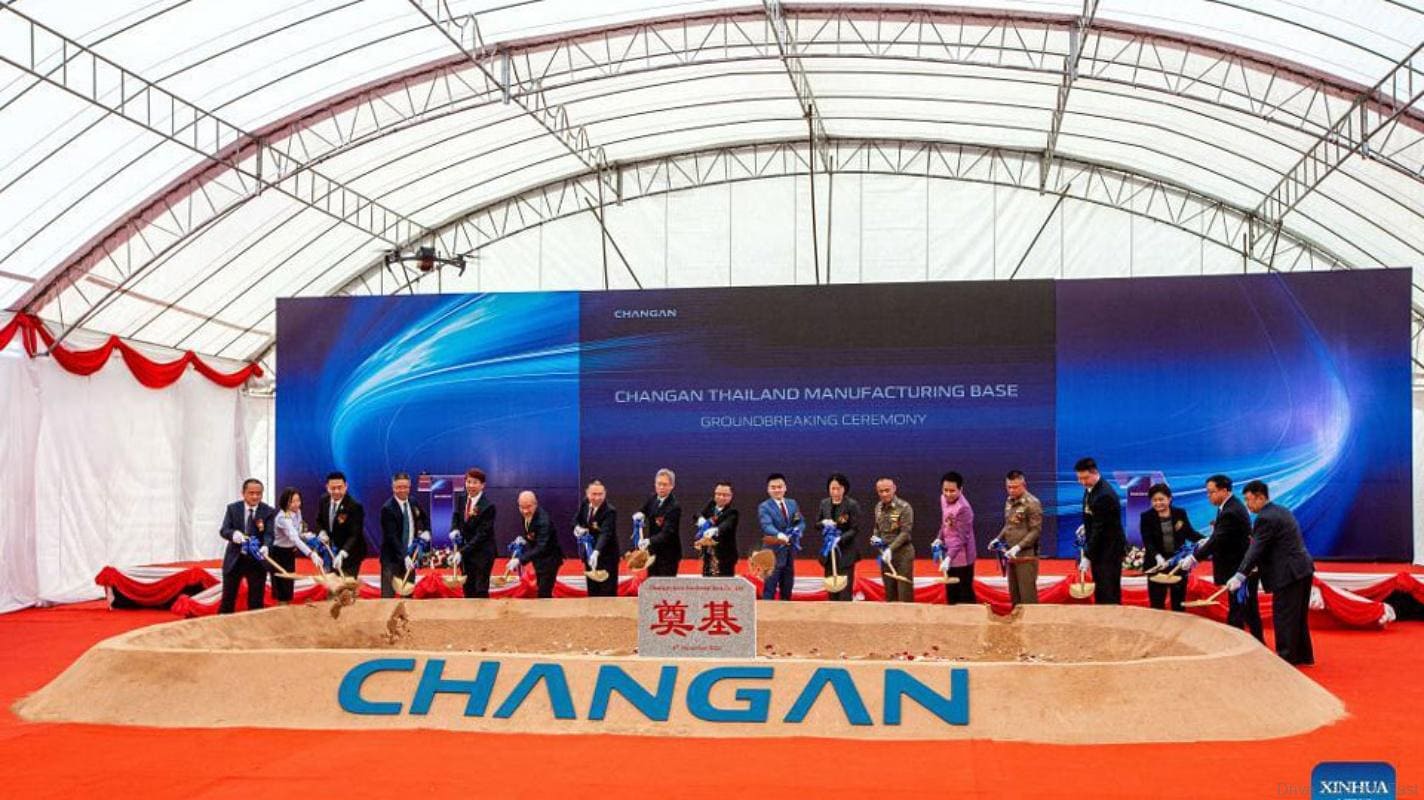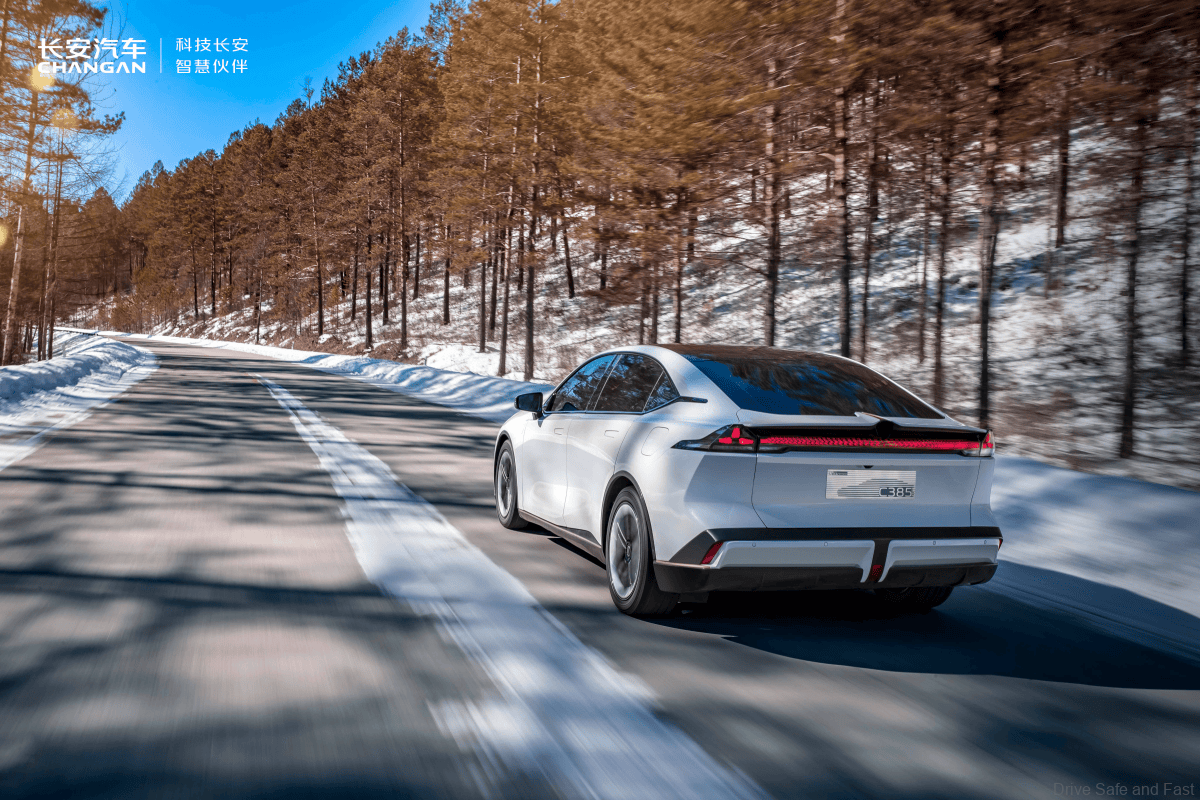AVATR is a premium EV brand under Changan Automobile
Chinese automaker Changan Automobile has made significant strides in the Southeast Asian automotive market with the recent launch of its premium electric vehicle (EV) brand, AVATR, in Thailand. This introduction features the AVATR 11, an SUV coupe that represents Changan’s fourth model in the Thai market, following the successful launches of the Deepal L07, S07, and Lumin L over the past year.
The AVATR 11 is offered in both standard and long-range variants, showcasing a sleek, luxurious design along with advanced battery technology and cutting-edge driving assistance systems. This positions it as a formidable competitor in the burgeoning luxury EV segment.
Moreover, Shen Xinghua, the managing director of Changan Auto Southeast Asia, emphasised the brand’s commitment to leading the charge in EV development, highlighting their focus on smart automotive solutions that integrate seamlessly into everyday life.
Changan’s collaboration with industry leaders like CATL, China’s premier battery manufacturer, and tech giant Huawei signifies a new era of intelligent driving. During the launch event, Shen noted that these partnerships are pivotal in advancing automotive innovations, blending technology and convenience to enhance the driving experience.
On top of that, the launch event also featured remarks from Thai Deputy Prime Minister and Minister of Energy Pirapan Salirathavibhaga, who underscored the crucial role that investments from Chinese automakers play in stimulating the local economy and fostering industrial growth.
Last year, Changan announced a substantial investment of 8.86 billion baht (approximately RM1,110,841,503) to build its first overseas EV production facility in Thailand, set to begin operations in 2025 with an anticipated output of 100,000 units per year. Since AVATR is now in Thailand, which other ASEAN countries will be next?
What’s more, Thailand has long positioned itself as a regional hub for automotive manufacturing and exports. The Thai government’s initiatives to promote investment aim to transition 30 percent of annual automotive production to EVs by 2030, further solidifying the country’s strategic role in the EV market.
Given these developments, it’s clear that Malaysia is set to be next. With the growing interest in EVs and investments from major automakers, Malaysia’s market dynamics suggest that it will soon become a key player in the Southeast Asian EV landscape.
We anticipated this shift earlier, predicting that as countries in the region ramp up their efforts to attract investment and innovate in the automotive sector. The government here pushing hard for EVs is another factor to consider as well. We got all this from China Daily and their full article is linked here. Thank you China Daily for the information and images.



